Lesson Plans
We want the process of incorporating BIPOC voices and building an anti-racist classroom to be as accessible to educators as possible. That’s why our lesson plans are aligned with national education standards, designed to be flexibly integrated into your existing class curriculum, and include a variety of activities (including interactive slides that can be shared with your students). Whether you use these as stand-alone lessons or adopt a whole lesson plan series, we hope these resources will help you build an empowering community alongside your students. Check back often, we are always releasing new lesson plans!
Grade Level Standards Met

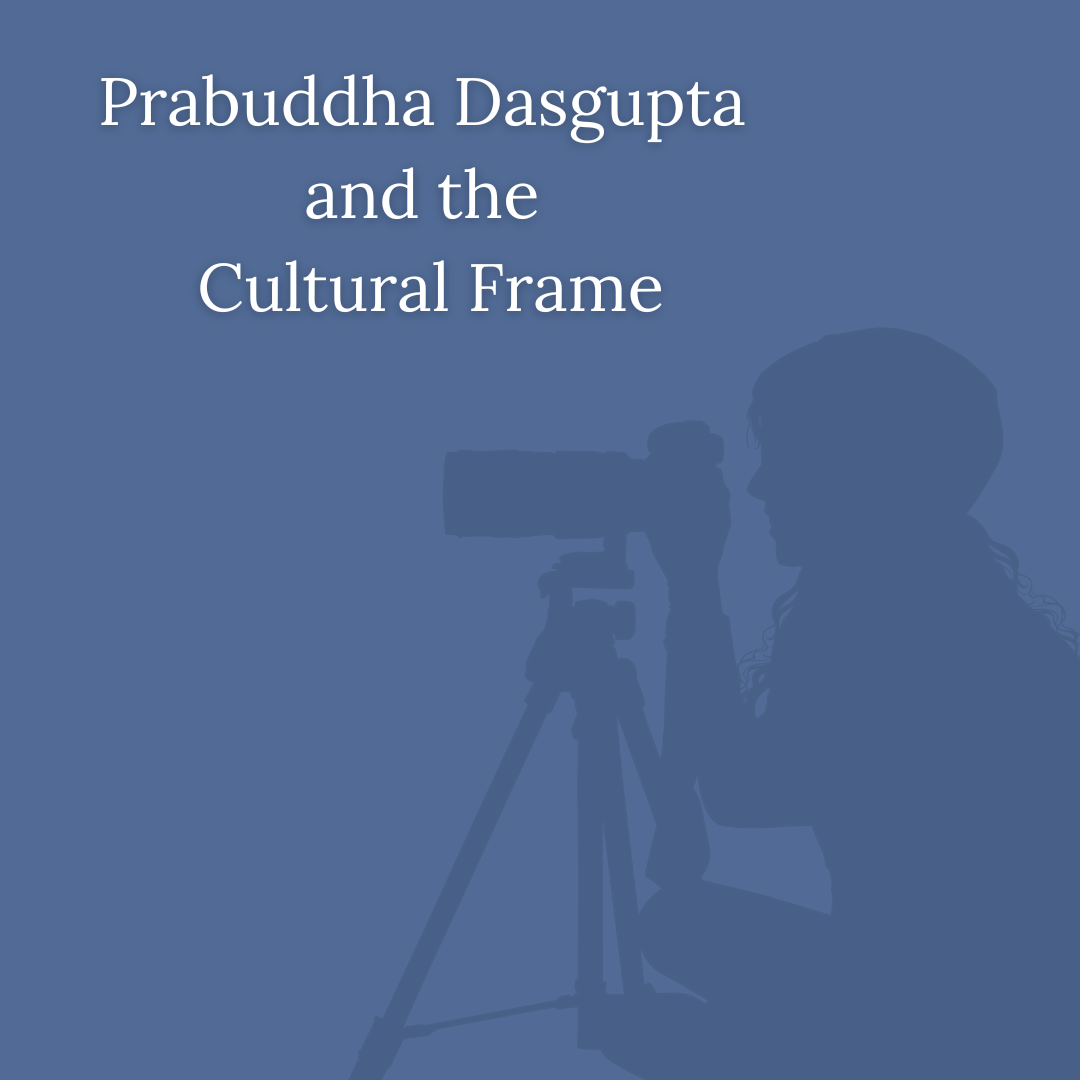

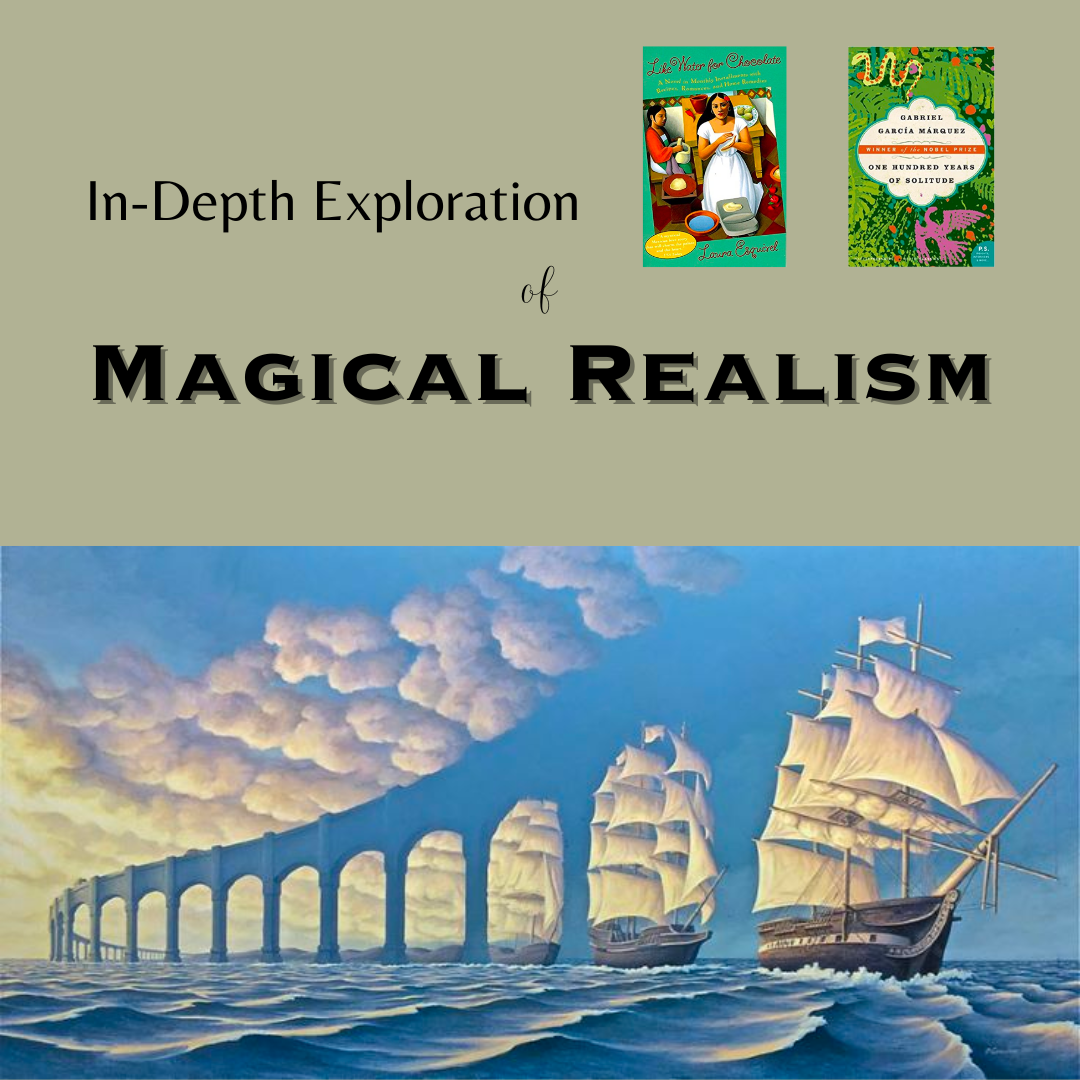
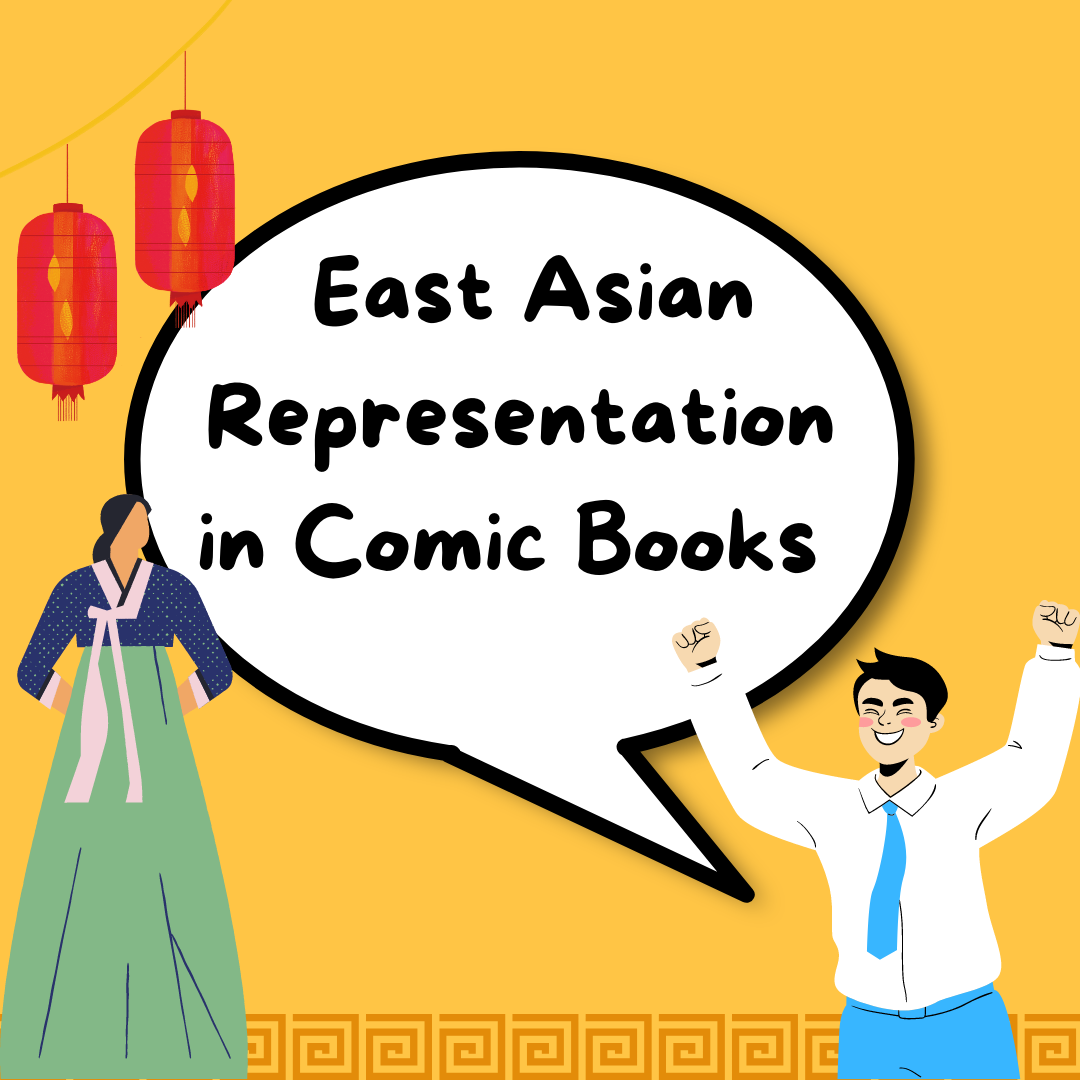
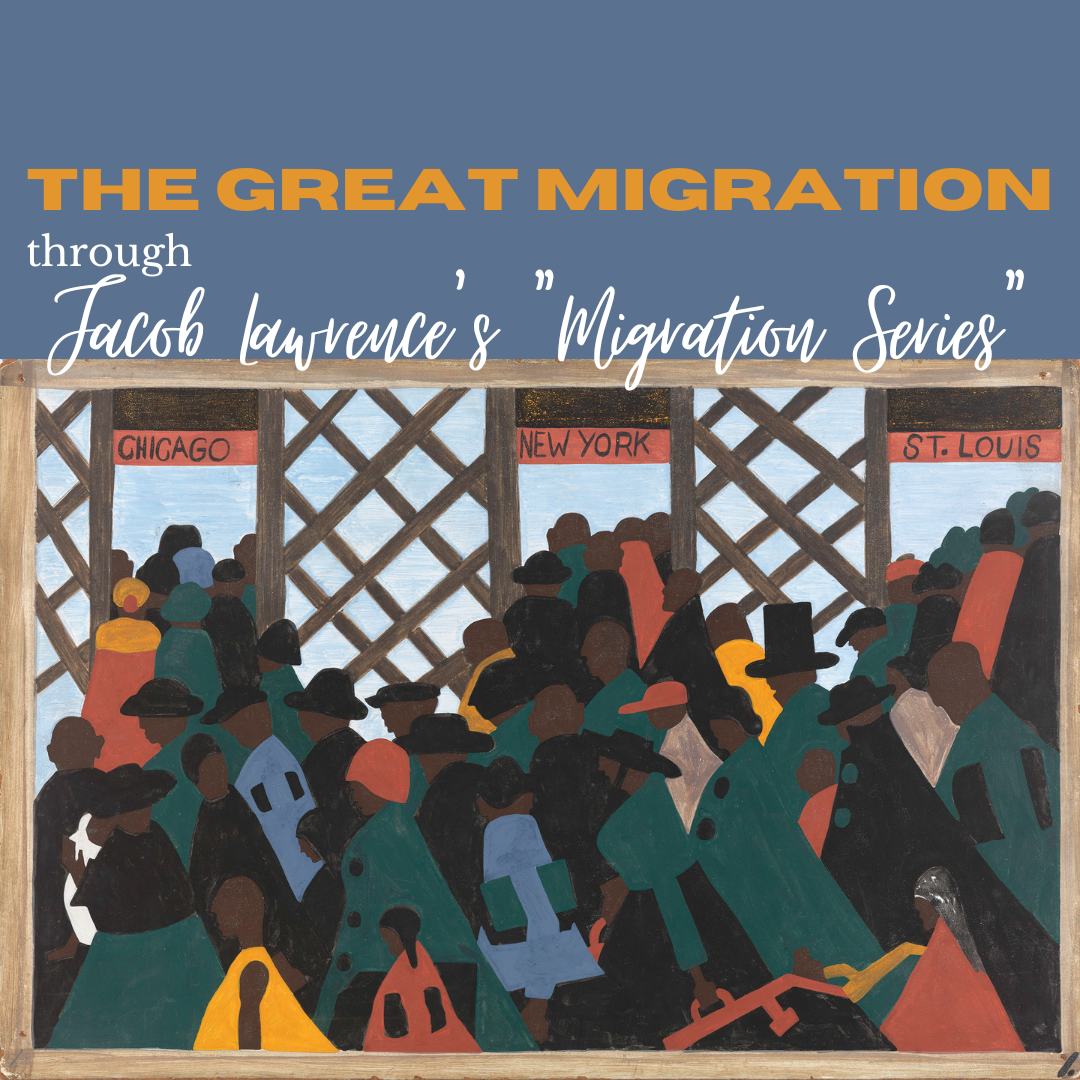


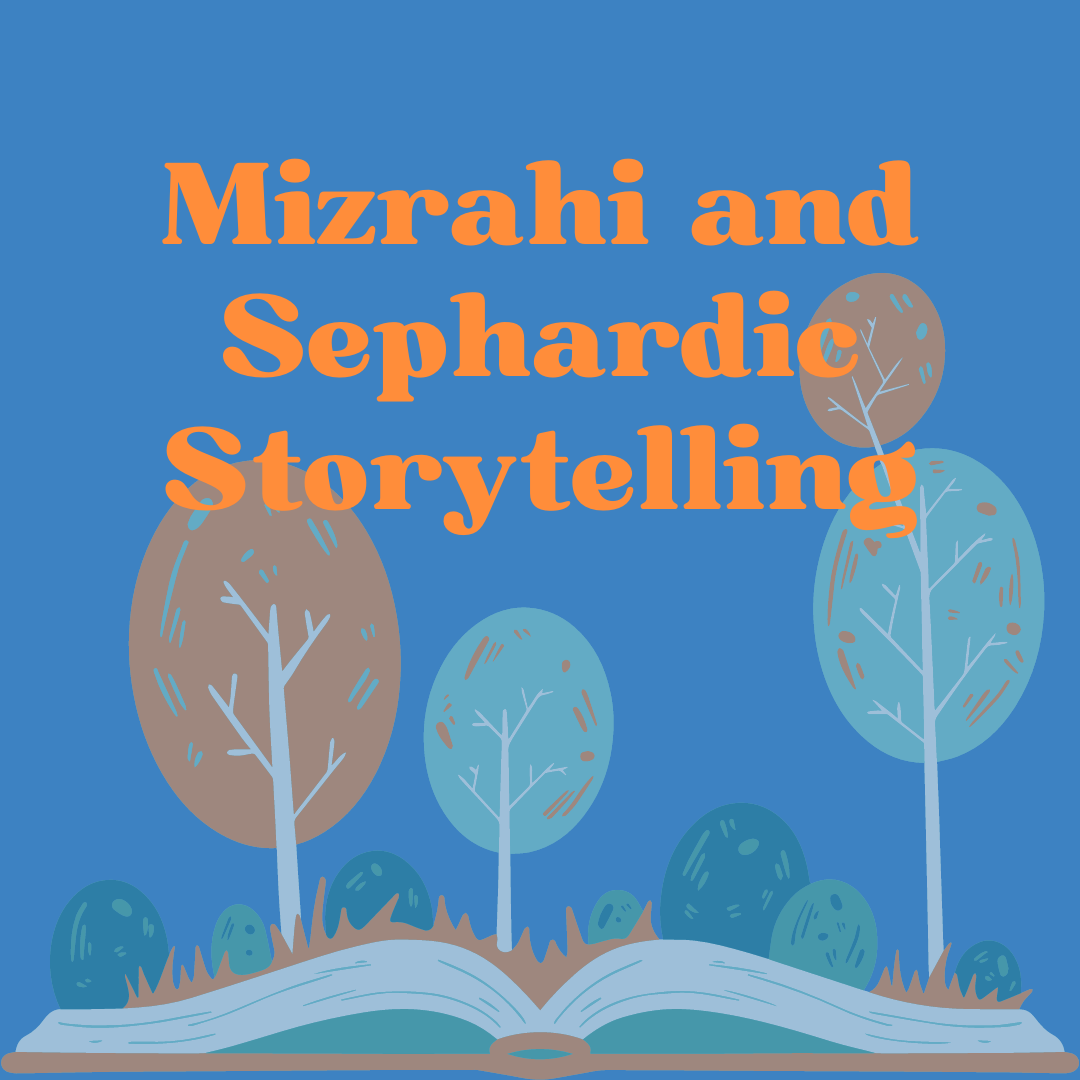
Mizrahi and Sephardic Storytelling
Mizrahi and Sephardic Jews are Jewish Diasporic groups that are often underrepresented in education and media. Mizrahi and Sephardic culture is rich, vibrant, and dynamic. In this lesson plan, students will learn about Mizrahi and Sephardic culture, analyze how cultural elements appear in folktales, and then create their own storybook incorporating folktales and elements of their own culture.
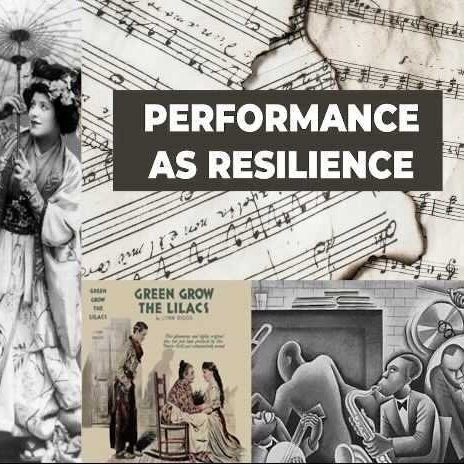
Performance as Resilience: BIPOC Artists Throughout the 1900s-1920s
Throughout this lesson plan, students will learn the histories of BIPOC artists through the 1920s and their contributions to Vaudeville, the Harlem Renaissance, and Silent Film. Using primary and secondary sources from multiple media types, students will engage in rigorous discussion and creative projects to reinforce learning. Appropriate for history and or arts classes.
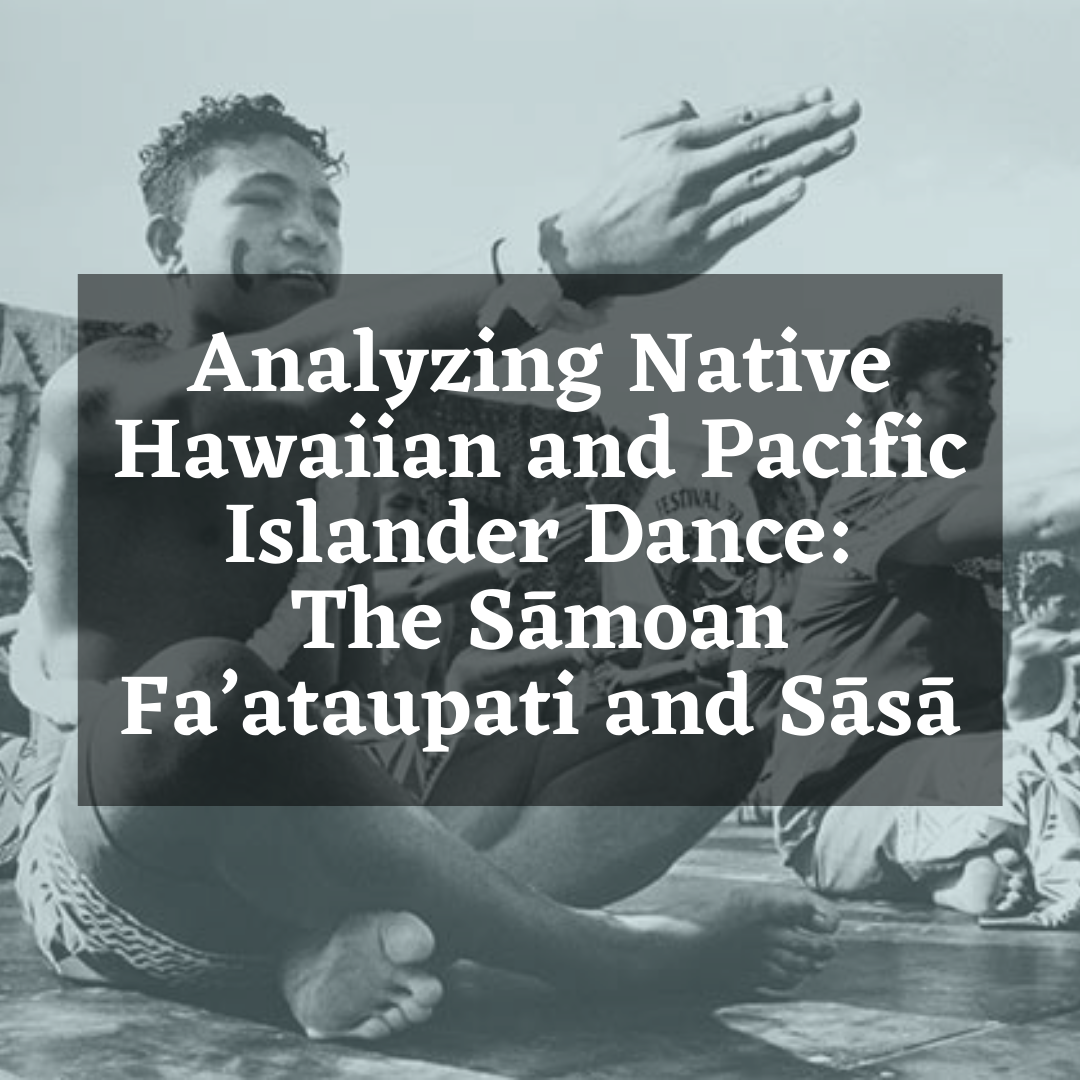
Analyzing Native Hawaiian and Pacific Islander Dance: The Sāmoan Fa’ataupati and Sāsā
The fa’ataupati (fa-ah-tau-pah-tee) and the sāsā are two forms of dance from the Polynesian islands of Sāmoa. While these dances have transformed into energetic and passionate performances showcased around the world, their significance in reflecting the Sāmoan culture and community still sits at their foundations. In this lesson plan, students will analyze various print and digital resources about the fa’ataupati and the sāsā to learn about the elements of the dances and to complete a note-taking graphic organizer.

Exploring LGBTQ+/Immigrant Narratives Through Music
In this lesson plan, students will explore the various intersections between queerness, race, immigration, and gender identity through the literary analysis of music and other forms of educational media. Students will make connections to the general phenomena associated with being an immigrant and being part of the LGBTQ+ community while thinking critically about the identities of each respective group.

La Serenata
Through a short film screening and/or a group reading of an illustrated book, high school students in social studies and other courses will learn about heteronormativity in history and music, reclaim the Mexican tradition of las serenatas and make space to affirm their queer peers.

Analyzing Queer Dance
In this lesson plan, students will analyze the work of queer choreographer Sean Dorsey. Through a guided lecture and socratic seminar, students will explore how dance and movement tell stories and the impact dance can have on society, self-expression and activism.
Ideas for future lesson plans or topics? Want to share your knowledge and collaborate with Diversify Our Narrative?

